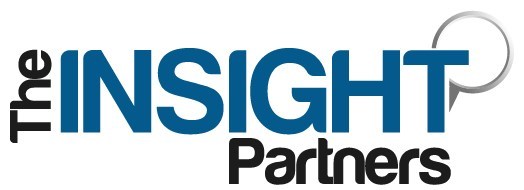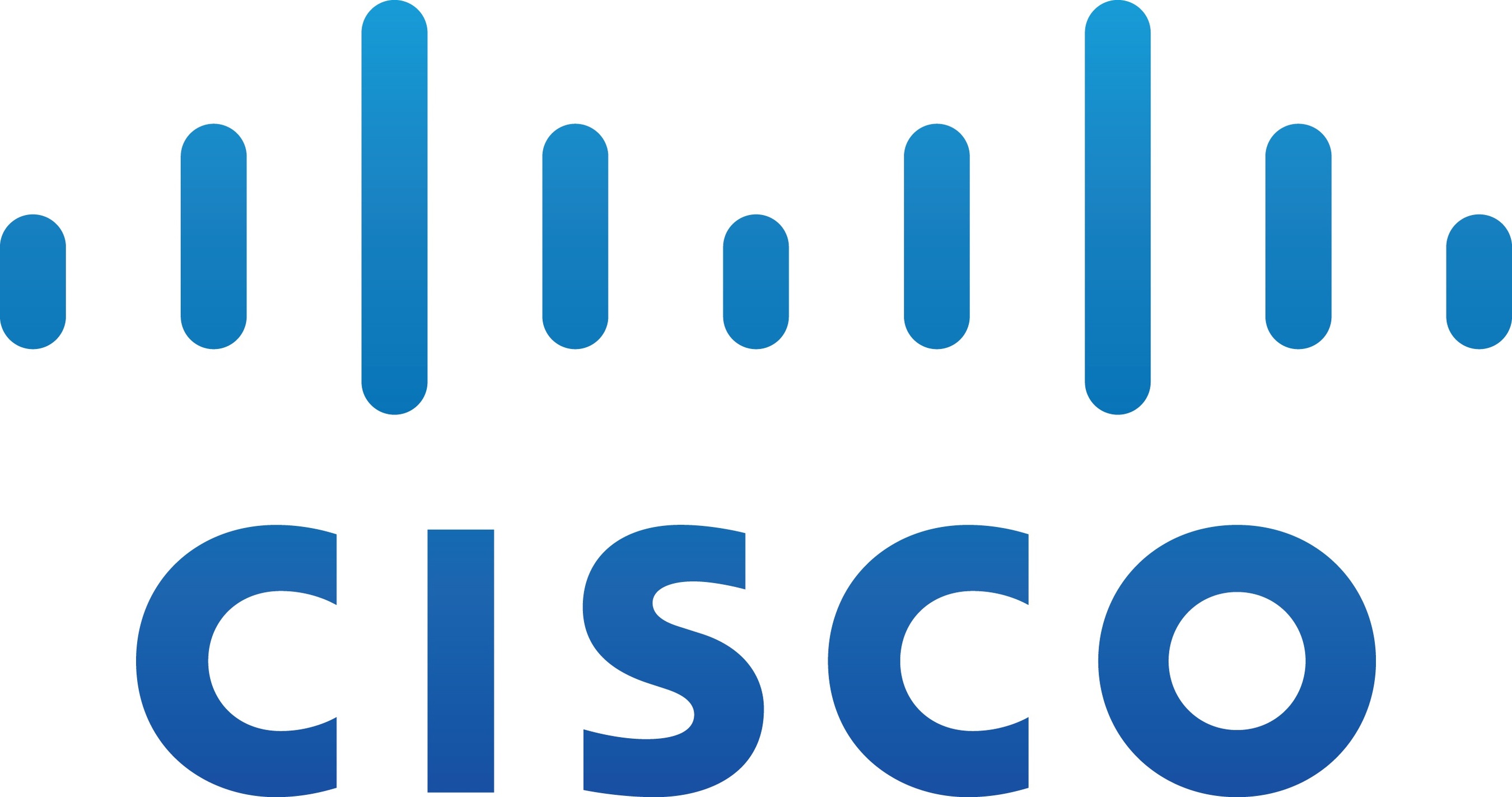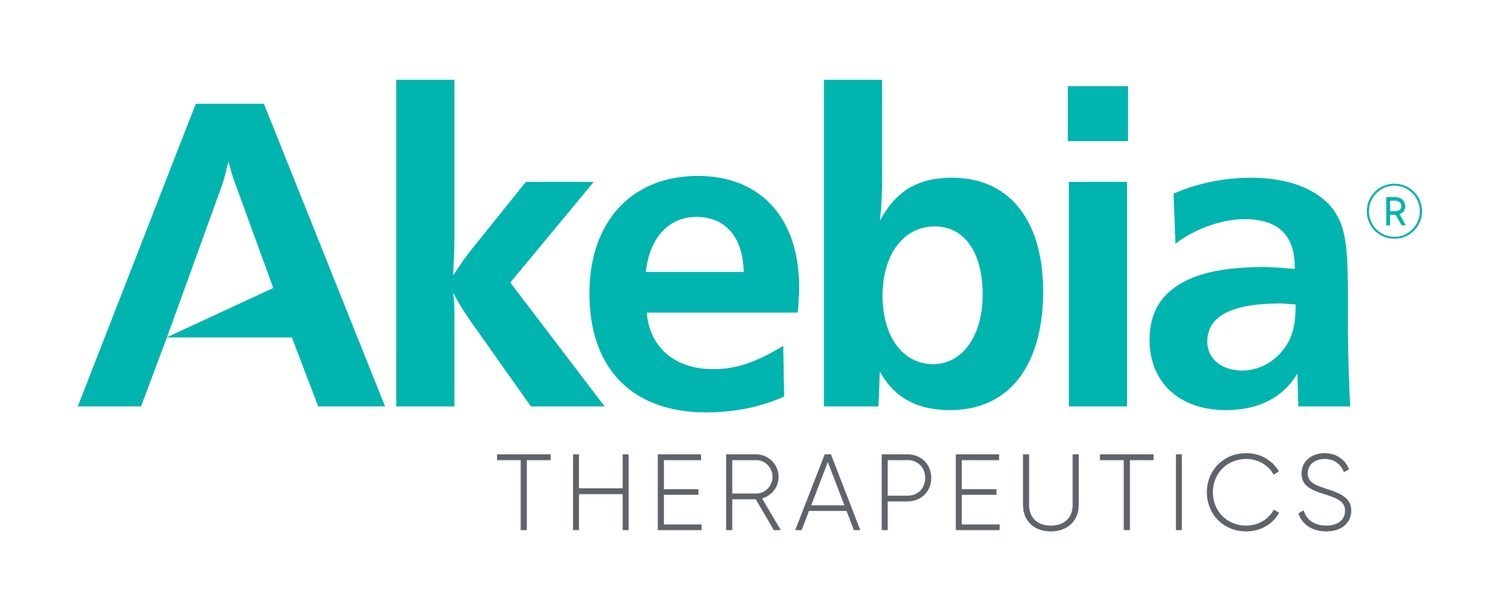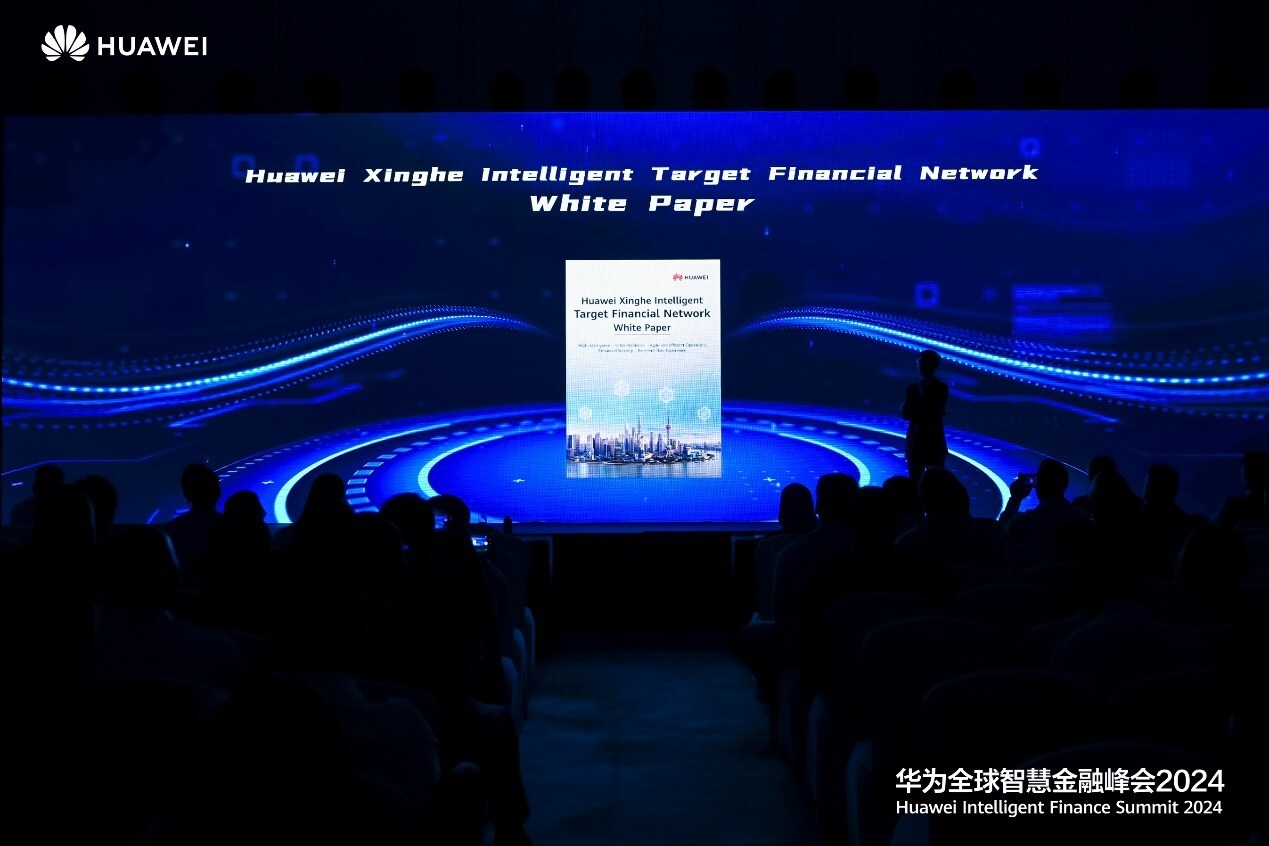NEW YORK, Feb. 12, 2025 -- The global extended reality market is set for explosive growth with a CAGR of 28.4% during 2025–2031, it was valued at $24.17 billion in 2024, with projections indicating a surge to $139.07 billion by 2031. This remarkable expansion is driven by growing adoption in gaming and entertainment industry.
According to a new comprehensive report from The Insight Partners, "Extended Reality Market Size and Forecast (2021 - 2031), Global and Regional Share, Trend, and Growth Opportunity Analysis Report Coverage: By Component, Application, Industry Vertical, Enterprise Size, and Geography", the global extended reality market is observing significant growth owing to the growing adoption in gaming and entertainment industry and integration of spatial computing with XR technology.
For More Information and To Stay Updated on The Latest Developments in The Extended Reality Market, Download The Sample Pages: https://www.theinsightpartners.com/sample/TIPRE00009364/
The Extended Reality Market was valued at US$ 24.17 billion in 2024 and is projected to reach US$ 139.07 billion by 2031; it is expected to register a CAGR of 28.4% during 2025–2031.
The report runs an in-depth analysis of market trends, key players, and future opportunities. In general, the Extended Reality Market comprises of device type, component, and end users which are expected to register strength during the coming years.
Market Overview and Growth Trajectory:
Growing Demand for Remote Collaboration: Extended reality (XR) is rapidly being used in workplace collaboration, redefining how teams interact, share knowledge, and work together on projects. XR allows for more engaging, dynamic, and efficient collaboration, bridging geographical distances and increasing productivity. XR offers immersive virtual environments in which team members may interact as if they were physically present, instilling a sense of presence and connection. XR tools can improve communication by helping users to see complex facts and concepts, making them easier to grasp and discuss. Furthermore, the technology enables real-time communication, allowing teams to work on projects independent of their geographical locations. Also, XR environments enable users to control digital items, run simulations, and engage in hands-on learning experiences, encouraging active engagement.
For Detailed Market Insights, Visit: https://www.theinsightpartners.com/reports/extended-reality-market
Growing adoption in retail sector: Extended reality technologies are quickly gaining traction in the retail industry. Retailers use VR to imitate real-world locations and transport clients to virtual showrooms or stores where they may browse products in visually stunning and lifelike settings. AR, on the other hand, allows customers to superimpose digital information or virtual items onto the real environment, allowing them to see products in their natural surroundings before purchasing. These XR experiences not only improve customer engagement and dwell time, but they also develop a stronger emotional connection with companies and products, resulting in increased sales and loyalty. Furthermore, integrating XR technology into retail operations can considerably increase sales by enabling data-driven decision-making and effective store positioning methods. XR applications provide brands with priceless insights gained from real-time data analytics and consumer behavior trends.
Stay Updated on The Latest Extended Reality Market Trends: https://www.theinsightpartners.com/sample/TIPRE00009364/
Integration of AI: The combination of artificial intelligence (AI) with extended reality (XR) is poised to transform various industries, ushering in a wave of creative applications and unprecedented advantages. AI's ability to analyze and comprehend massive volumes of data, along with XR's immersive capabilities, heralds a new age in human-computer interaction (HCI). This collaboration is altering old operations, improving user experiences, and laying the groundwork for a future in which the virtual and physical worlds seamlessly integrate. In healthcare, combining AI and XR allows for ground-breaking advances in surgical aid and training. Similarly, in the manufacturing industry, AR glasses with AI capabilities can assist personnel with maintenance and repair operations. Additionally, AI can forecast equipment breakdowns by analyzing data from IoT sensors, allowing for proactive maintenance and lowering downtime. Also, in the gaming industry, AI improves the behavior and interaction of NPCs in XR environments. Moreover, in education sector XR technologies enable immersive instructional settings in which students can visit virtual historical locations, do simulated science experiments, and interact with 3D models. AI enriches these experiences by tailoring information to specific learning styles and paces.
Geographical Insights: North America dominated the Extended Reality Market share in 2024, and Asia Pacific is expected to record the highest CAGR during the forecast period.
Need A Diverse Region or Sector? Customize Research to Suit Your Requirement: https://www.theinsightpartners.com/inquiry/TIPRE00009364/
Extended Reality Market Segmentation, Applications, Geographical Insights:
- Based on the device type, the extended reality market is segmented into AR Devices, VR Devices, and MR Devices.
- Based on component, the extended reality market is segmented into Hardware, Software, and Services.
- Based on end users, the extended reality market is segmented into Healthcare, Media and Entertainment, Manufacturing, Retail and E-Commerce, Transportation, and Others.
Key Players and Competitive Landscape:
The Extended Reality Market is characterized by the presence of several major players, including:
- Accenture
- Agile Lens, LLC
- Microsoft Corporation
- IBM Corp.
- Kalypso
- Northern Digital Inc.
- Qualcomm Technologies, Inc.
- Reality Scale LLC
- SoftServe
- TATA ELXSI
These companies are adopting strategies such as new product launches, joint ventures, and geographical expansion to maintain their competitive edge in the market.
For Region-Specific Market Data, Check Out Brief Sample Pages: https://www.theinsightpartners.com/sample/TIPRE00009364/
Extended Reality Market Recent Developments and Innovations:
- The Food and Drug Administration (FDA) announced the launch of a new initiative, Home as a Health Care Hub, that focuses on using augmented reality and virtual reality to improve health equity by reimagining the home environment as part of a healthcare system.
- Meta unveiled Orion, its first true augmented reality glasses which combines the look and feel of a regular pair of glasses with the immersive capabilities of augmented reality.
"Don't Delay, Purchase Today! [Free 10% Customization, Free Post-Sale Assistance, PDF Deliverable]" - Purchase Premium Copy of Global Extended Reality Market Size and Growth Report (2021-2031) at: https://www.theinsightpartners.com/buy/TIPRE00009364/
Conclusion:
XR technology has advanced significantly in both hardware and software. Improving VR headsets and hardware has resulted in more immersive and realistic experiences. At the same time, the advancement of AR applications and devices has made them more accessible and useful in everyday situations. MR systems and software development have further blurred the distinction between the virtual and physical worlds, opening up new opportunities for interactive and dynamic experiences. The entertainment industry has been at the forefront of embracing XR technology, utilizing VR for gaming and immersive experiences, combining AR into location-based entertainment, and investigating the potential of XR for live performances and events.
The potential for XR in education and training is enormous, providing new ways to engage and educate learners through immersive experiences. The use of VR in simulations and training programs has created a secure and regulated environment for learning and skill development, whilst the incorporation of AR into educational tools and resources has improved how students interact with and learn from their surroundings. Furthermore, XR has had a huge impact on healthcare, providing new opportunities to improve patient care and medical training. The use of VR for pain management and therapy has opened up new avenues for managing chronic pain and fostering relaxation, while the use of AR in medical imaging and surgical operations has increased the precision and efficiency of medical interventions.
The report from The Insight Partners, therefore, provides several stakeholders—including solution providers, system integrators, and end-users —with valuable insights into how to successfully navigate this evolving market landscape and unlock new opportunities.
Related Report Titles:
- Augmented Reality Solution Market Size and Forecast (2021 - 2031)
- Virtual Reality and Augmented Reality in Retail Market Size and Forecasts (2021-2031)
- Virtual Reality (VR) Market Size and Forecasts (2021 - 2031)
- Augmented Reality (VR) and Virtual Reality (VR) in Aviation Market Size and Forecasts (2021 - 2031)
- Augmented Reality and Virtual Reality Market Size and Forecasts (2021-2031)
About Us:
The Insight Partners is a one stop industry research provider of actionable intelligence. We help our clients in getting solutions to their research requirements through our syndicated and consulting research services. We specialize in industries such as Semiconductor and Electronics, Aerospace and Defense, Automotive and Transportation, Biotechnology, Healthcare IT, Manufacturing and Construction, Medical Device, Technology, Media and Telecommunications, Chemicals and Materials.
Contact Us:
If you have any queries about this report or if you would like further information, please contact us:
Contact Person: Ankit Mathur
E-mail: ankit.mathur@theinsightpartners.com
Phone: +1-646-491-9876
Website - https://www.theinsightpartners.com/
This News is brought to you by Qube Mark, your trusted source for the latest updates and insights in marketing technology. Stay tuned for more groundbreaking innovations in the world of technology.








